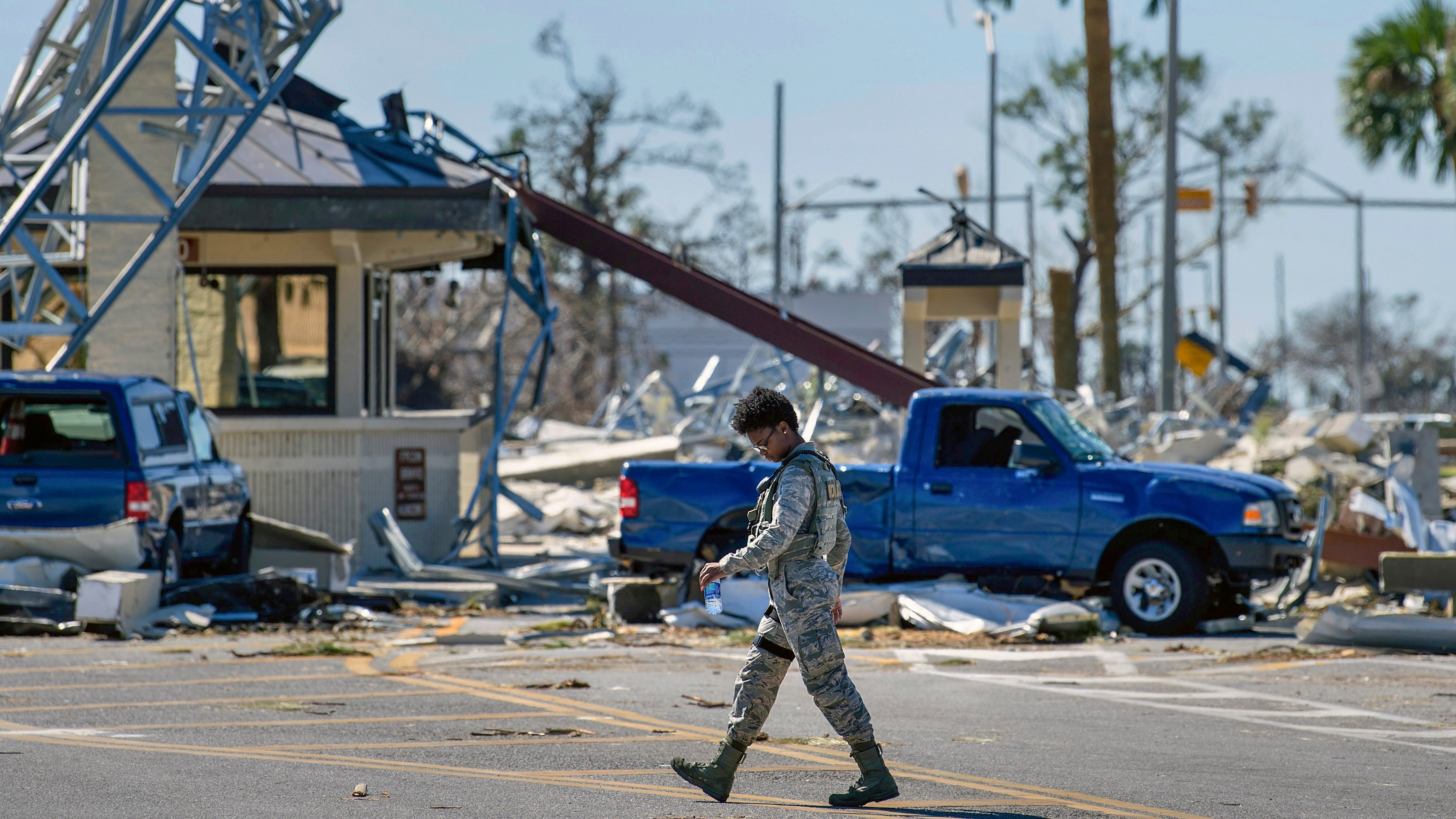With the new coronavirus having sickened more than 4,500 in China and five people in the United States, the U.S. government is encouraging Americans to take precautions against contracting any respiratory illness, including the flu or a cold.
Stressing that the current health risk of the new virus in the U.S. is low, the Departments of Health and Human Services and defense officials have nonetheless said people should practice good health hygiene and avoid contact with anyone who displays symptoms such as coughing, sneezing, shortness of breath and fever.
“Americans should know that this is a potentially a very serous public health threat, but at this point, Americans should not fear for their safety,” HHS Secretary Alex Azar said Tuesday during a press conference.
According to Azar, 4,500 people in China have been sickened and more than 100 have died from 2019-nCoV, thought to have originated at an open-air market in the city of Wuhan.
The disease has spread to 18 countries, and sickened 60 patients, nearly all of whom had traveled to China.
However, earlier this week, the first transmissions between humans outside China were reported: a German man acquired the virus from a colleague who had recently traveled to Wuhan and a person in Vietnam got the infection from a family member.
U.S. Public Health Service physician Lt. Cmdr. David Shih, a preventive medicine physician and epidemiologist with the Defense Health Agency, said the flu currently is more of a concern to Americans than the novel coronavirus, but anyone with respiratory symptoms should avoid contact with others.
“Don’t think you’re being super dedicated by showing up to work when ill,” Shih said in a Defense Health Agency release. “Likewise, if you’re a duty supervisor, please don’t compel your workers to show up when they’re sick.”
Shih said that while this may be a challenge for service members whose jobs are vital to national security and can’t call out sick, ill personnel can still take steps to practice effective cough hygiene “to avert hindering readiness by making their battle buddies sick.”
This includes frequent hand-washing or using hand sanitizer when water and soap aren’t available.
The Centers for Disease Control and Prevention issued a “level 3 travel warning” on Monday recommending travelers avoid nonessential travel to China. Last week, the U.S. State Department issued a level 4 alert — its highest — advising travelers not to go to Wuhan. On Monday, it issued a level 3 alert recommending travelers rethink any planned trips to China.
Across the U.S., the CDC is stepping up screenings at airports, expanding from five last week to 20 facilities that handle roughly 90 percent of flights from China.
U.S. Forces Korea on Monday posted an alert to its Facebook page after a South Korean man living in the city of Pyeongtaek, not far from Camp Humphreys and Osan Air Base, was diagnosed with the virus.
The man is one of four South Koreans with confirmed cases of 2019-nCoV.
“There has been a recent global outbreak of a new virus spreading from Wuhan (China) with four confirmed cases in Korea and one of the four patients, who resides in Pyeongtaek, being admitted to Seoul National University hospital for observation and treatment,” the advisory states. “This new virus is a coronaviruses which is a large group of viruses that infect people and while normally causing a mild respiratory disease — such as the common cold — it can potentially be deadly.”
The advisory instructs residents of South Korea, including more than 28,000 U.S. troops, to seek medical care if they are ill after calling ahead to the medical clinic to discuss recent travels and symptoms and “wear a mask or cover your mouth and nose with a tissue or sleeve” when coughing or sneezing.
The U.S. Forces South Korea advisory follows another posted Jan. 22 by the U.S. Air Force 374th Medical Group, warning personnel near Kanagawa prefecture that a case was diagnosed in the area.
The region outside Tokyo is home to more than 50,000 U.S. service members and includes Yokota Air Base, Yokosuka Naval Base, Naval Air Facility Atsugi and the U.S. Army’s Camp Zama.
The Department of Defense Education Activity also has established a web page containing reference material on the coronavirus to keep employees, parents and students updated.
RELATED

Dr. Anthony Fauci, director of the National Institute of Health’s National Institute of Allergy and Infection Diseases, said Tuesday that a vaccine against the illness is in the works. Currently, however, there is no treatment or cure.
“Lacking specific treatment,” Shih said, “we must be extra vigilant about basic prevention measures: frequent hand-washing, effective cough and sneeze hygiene, avoiding sick individuals, and self-isolating when sick.”
“Everyone has a role to play in containing the spread of this virus,” CDC Director Dr. Robert Redfield said.
Patricia Kime is a senior writer covering military and veterans health care, medicine and personnel issues.





